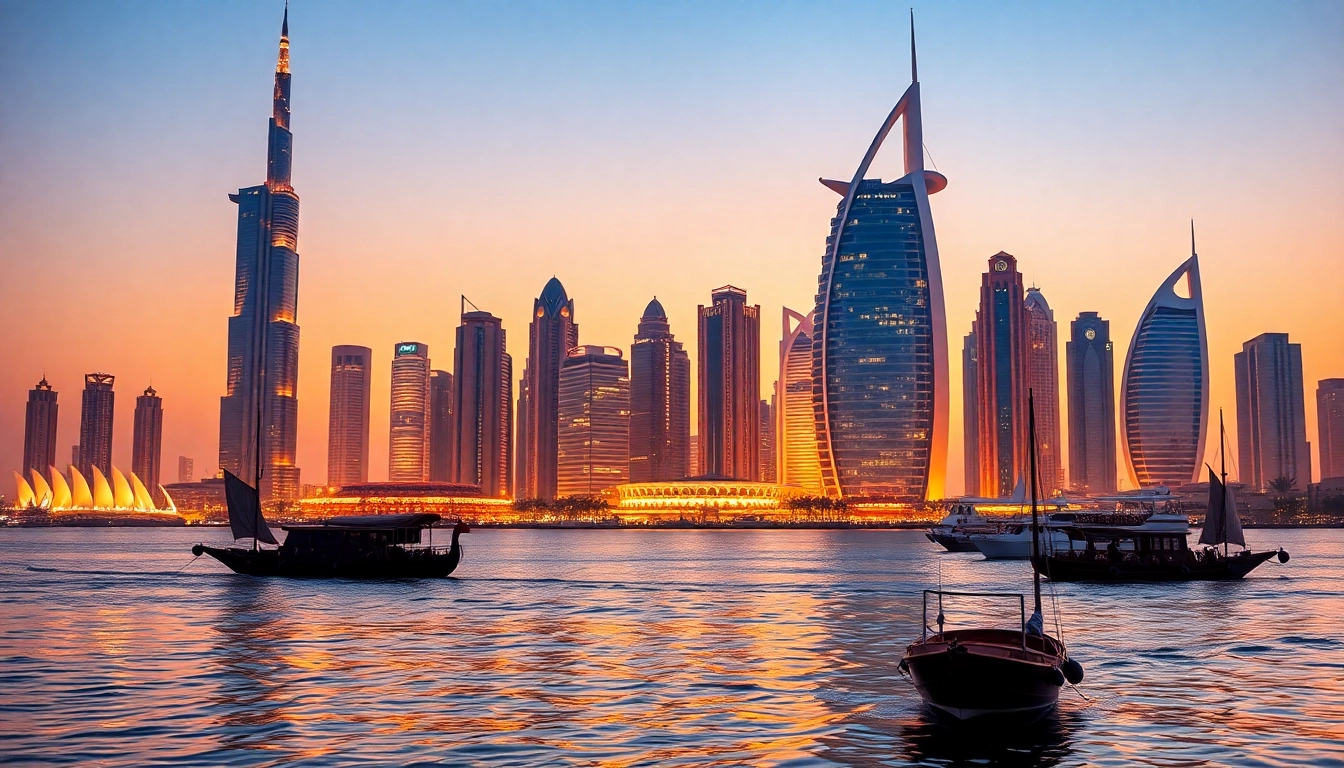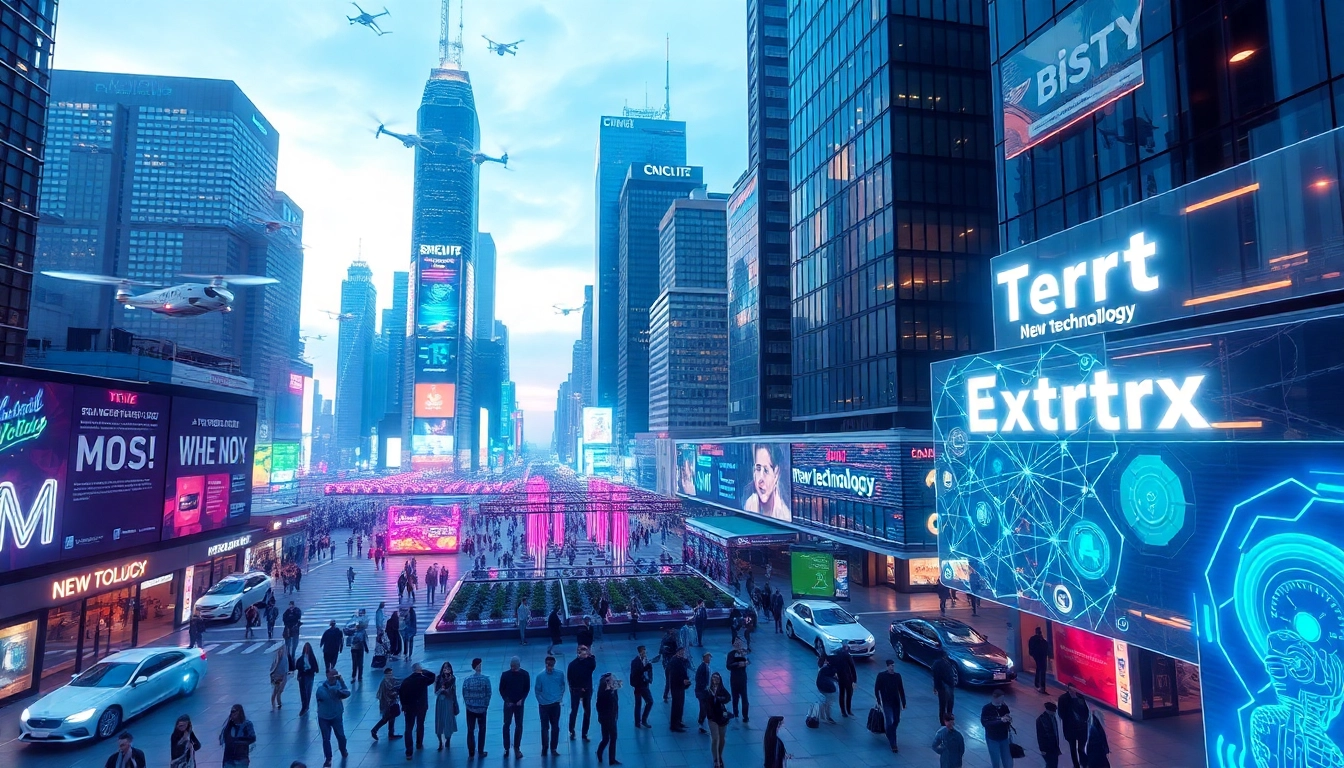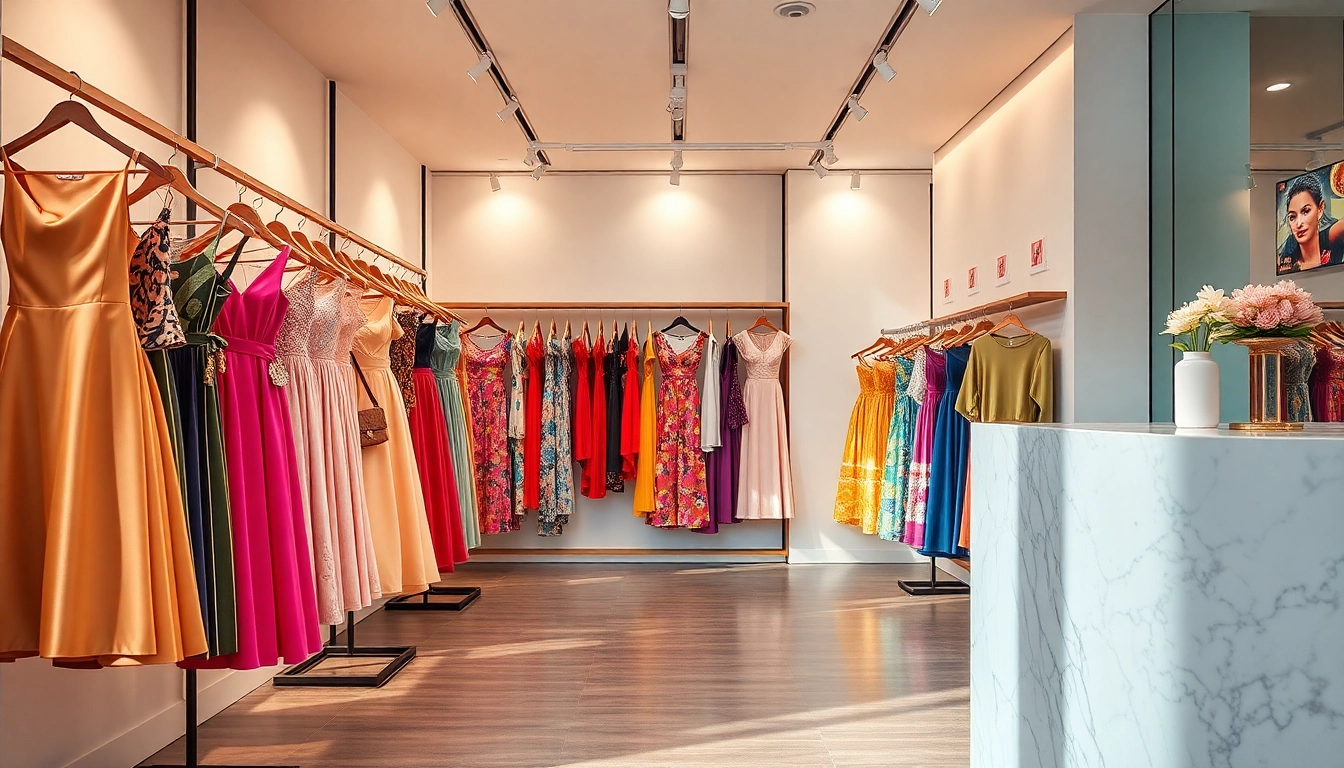1. Essential Information for Traveling to Dubai
Dubai, known for its breathtaking skyline and luxurious lifestyle, attracts millions of visitors each year. Before embarking on your journey, understanding the essential travel information is crucial for a smooth experience. Travel to Dubai can be an incredible adventure, but it’s important to know what to expect.
1.1 Visa and Entry Requirements
Travelers should know that Dubai is part of the United Arab Emirates (UAE), and different nationalities have varying visa requirements. Generally, many countries—including the United States, Canada, and the UK—can obtain a visa on arrival, which allows a stay of up to 30 days. However, it’s essential to have a passport valid for at least six months beyond your date of entry. For those planning an extended visit or coming from countries without visa-on-arrival agreements, applying for a visa before your trip is recommended. Always verify the latest regulations through the official UAE government or embassy websites.
1.2 Best Times to Travel to Dubai
The best time to visit Dubai is from November to March when temperatures are mild, allowing for outdoor activities and exploration. During these months, daytime temperatures typically range from 24°C to 28°C (75°F to 82°F), making it ideal for sightseeing and enjoying Dubai’s stunning beaches. The summer months can be extreme, with temperatures soaring above 40°C (104°F), potentially hindering outdoor excursions.
Moreover, it’s worth noting that major events and festivals, such as the Dubai Shopping Festival in January and the Dubai Food Festival in February, greatly enhance the travel experience, providing visitors with unique cultural insights and entertainment options.
1.3 Safety Considerations for Travelers
Dubai is known for its low crime rate and high safety standards, making it a family-friendly destination. However, travelers should exercise standard precautions, like being aware of their surroundings and securing their belongings in crowded areas. It is important to respect local laws and customs – for instance, public displays of affection are frowned upon and can attract penalties. Travel advisories are regularly updated due to geopolitical situations in the region, so it’s advisable to stay informed from reliable sources before your trip.
2. Top Attractions You Can’t Miss in Dubai
2.1 Exploring the Burj Khalifa
The Burj Khalifa, standing at 828 meters, is not only the tallest building in the world but also a symbol of Dubai’s rapid development and ambition. Visiting the observation decks on the 124th and 148th floors offers stunning panoramic views of the city and surrounding desert. To enhance the experience, consider timing your visit around sunset for breathtaking vistas. It’s recommended to book tickets in advance to avoid long queues, especially during peak tourist season.
2.2 Discovering the Dubai Mall Experience
Attached to the Burj Khalifa, the Dubai Mall is one of the world’s largest shopping centers, featuring over 1,200 shops, fine dining options, and numerous entertainment venues. Beyond shopping, the Dubai Aquarium, located within the mall, houses thousands of marine species and offers unique experiences like diving with sharks. The mall’s indoor ice rink and VR Park are also highlights that cater to both families and adventure seekers. The adjacent Dubai Fountain provides evening light and music shows, making it a magical landscape to enjoy after a day of shopping.
2.3 Cultural Sites Worth Visiting in Dubai
Though Dubai is known for its futuristic architecture and luxury, it also offers rich cultural experiences. The Dubai Museum, located in the Al Fahidi Fort, provides insights into the city’s history and heritage, showcasing artifacts from the pre-oil era. The historic Al Bastakiya district, with its narrow lanes and traditional wind-tower architecture, offers a glimpse into the city’s past, featuring galleries and local art. Additionally, the Sheikh Mohammed Centre for Cultural Understanding promotes cultural exchange and provides visitors with the chance to engage in authentic Emirati experiences, from meals to heritage tours.
3. Getting Around Dubai: Transportation Tips
3.1 Public Transportation Options
Dubai boasts an extensive and modern public transportation system that includes the Metro, buses, and marine transport. The Dubai Metro, a driverless, elevated train system, connects many key areas in the city and is especially convenient for tourists. The Red Line runs from Rashidiya to UAE Exchange, passing through major attractions. Tickets are affordable, and visitors can purchase a Nol Card, using it for all forms of public transport, including buses and trams.
3.2 Rental Cars and Driving in Dubai
While public transport is reliable, renting a car can offer more flexibility to explore off-the-beaten-path locations. Dubai’s roads are well-maintained and traffic is generally manageable, but it’s essential to familiarize yourself with local driving laws. Speed limits are strictly enforced with heavy fines for violations, so prudence on the road is key. International driving permits are accepted, making it easier for foreign visitors to navigate the city.
3.3 Navigating Taxis and Ride-Sharing Services
Taxis are a convenient means of transportation in Dubai. The taxis are metered, clean, and easily recognizable. For those preferring app-based rides, services like Uber and Careem operate in Dubai, offering competitive pricing and ease of use. Always consider the time of day and potential traffic patterns when planning your journeys to avoid delays.
4. Dining in Dubai: Culinary Delights
4.1 Traditional Emirati Cuisine
Diversifying your culinary palette is another must-do during your visit to Dubai. Traditional Emirati cuisine showcases a blend of flavors influenced by Middle Eastern and Asian cultures. Dishes like Al Harees (wheat and meat porridge) and Shawarma (spiced meat wrap) are popular choices. Local markets like the Al Fahidi area provide opportunities to taste these delicacies and discover Emirati hospitality. Additionally, try a meal at the historic Al Fanar Restaurant, which replicates a traditional setting to enhance your experience.
4.2 Best International Restaurants
Dubai is a melting pot of cultures, reflected in its diverse culinary scene. World-class international restaurants like Zuma (Japanese), Nobu (fusion Japanese), and La Petite Maison (French) are just a few examples. Reservations are often recommended, particularly during weekends, to ensure a seamless dining experience. For those looking for budget-friendly options, the food courts of the malls offer a range of international cuisines.
4.3 Unique Dining Experiences in Dubai
Dinner in the sky or a meal in a desert camp are among the unique dining experiences Dubai offers. At the “Dinner in the Sky” experience, guests are hoisted 50 meters into the air while enjoying gourmet meals with stunning views. Alternatively, experiencing a Bedouin-style dinner under the stars during a desert safari provides a mesmerizing atmosphere alongside traditional food and entertainment. These experiences not only feed the stomach but also offer unforgettable memories.
5. Planning Your Trip to Dubai: Final Tips
5.1 Budgeting Your Dubai Trip
Dubai is known for its luxury, but it’s possible to enjoy the city regardless of your budget. Accommodation varies vastly from opulent hotels like the Burj Al Arab to more affordable options around Deira and Al Barsha. Dining choices range from street food to Michelin-starred establishments. Always research and plan your budget according to your preferences, allowing flexibility for spontaneous adventures.
5.2 Packing Essentials for Dubai Travelers
When packing for Dubai, consider the season and your planned activities. Lightweight, breathable clothing is advisable for sunny days, but always include modest attire for visits to religious sites. Don’t forget your swimwear for the beach; however, it’s crucial to respect local culture and cover up in public areas. Additionally, sunscreen, sunglasses, and a reusable water bottle are essential, as hydration is key in the desert climate.
5.3 Experience Dubai Like a Local
To truly experience Dubai, step beyond the tourist hotspots. Explore local markets, known as souks, where you can bargain for spices, textiles, and gold. It’s also beneficial to partake in community events, art exhibitions, or festivals, which provide richer insights into Emirati culture. Engaging with local residents and hosting families can lead to unique experiences that institutions or guided tours may not offer. Consider joining cultural tours or workshops, which provide hands-on experiences of traditional crafts and customs.


